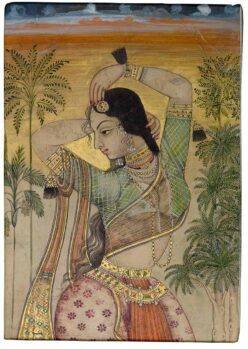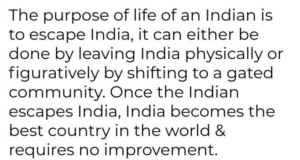
Please find the earlier review of the same novel i wrote a few years back: Parva (Marathi): An epic masterpiece | by Gaurav Lele | Medium
Spoilers ahead
The futility of war really comes through in the retelling of by SL Byrappa in the final act. A very brief summary of the final act with climax I had missed the first time around.
Bhima goes over to Hidimba forest, only to find out that some of his fellow Arya have burned up the forest like the Pandavas had done all those years ago in the Khandav-Van. Life comes a full cycle for him, like Takshak killing Parikshit in the original epic. We descendants of Vaidik Aryas must swallow a bitter pill as we look back with Bhimasen at the ways in which our forefathers brought forest land under cultivation.
अ॒ग्निमी॑ळे पु॒रोहि॑तं य॒ज्ञस्य॑ दे॒वमृ॒त्विज॑म् । होता॑रं रत्न॒धात॑मम् ॥ (RV 1.1)
Kṛṣṇa looks at the tsumani swallowing his Dwarka, as the alcohol fueled Yadava fratricide looms.
Continue reading Born in Blood: a relook at the final act of Parv


